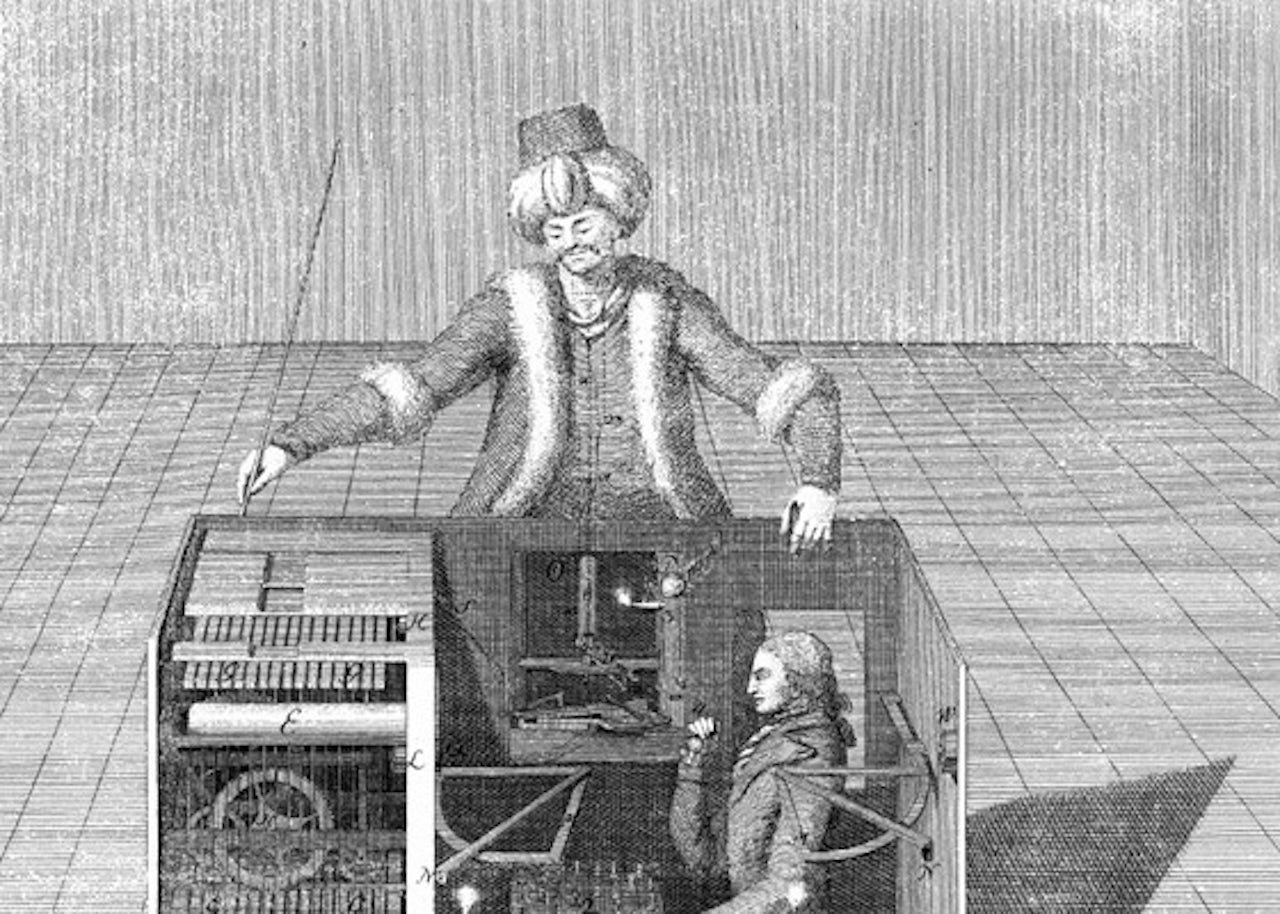Over the Thanksgiving holiday, Rochelle LaPlante stumbled across a stranger’s Uber receipt as part of a task posted on Amazon’s Mechanical Turk, a remote labor marketplace where anyone can sign up to complete tasks for a few cents each.
This particular Uber receipt included a person’s full name and the addresses where they had been picked up and dropped off. This task was to transcribe information from the receipt so it could be parsed by Expensify, an app that automates filing expenses through a feature called SmartScan. Take a picture of the receipt and SmartScan will extract the merchant name and total, making the process of filing your expenses faster and easier. Expensify says this process is mostly done by computers, but sometimes when the computers cannot read a receipt, the job falls to human workers.
LaPlante, a longtime Mechanical Turk worker who is also a co-owner and co-admin of the Mechanical Turk worker forum MTurk Crowd, set off a debate with her tweet: “I wonder if Expensify SmartScan users know MTurk workers enter their receipts,” she mused.
Another Twitter user reported seeing “boarding passes, hotel receipts (name, dates, details), medical receipts, addresses, signatures” in the receipts posted on Mechanical Turk.
“I've seen the Expensify tasks posted over the last few months but didn't check them out until this past week,” LaPlante told me in a Twitter DM. She knew the tasks came from Expensify because they were hosted on expensify.com and the requester was listed as Expensify Infra. Workers were paid between 10 and 12 cents for a set of six receipts or between 1.6 and 2 cents per receipt, she said, with at least one instance where workers were paid 17 cents for six receipts, or about 2.8 cents per receipt.
This all may come as a surprise to the average user, who often assumes that their data is being analyzed by a computer, not a human. Even if you are someone who is embedded in this world of microwork, it can be jarring to see such granular identifying details.
The term “automation” implies work done by machines. But today automation often means an anonymous person doing the work for pennies. It isn’t just Expensify that relies on human workers to transcribe some receipts: LaPlante tweeted that “other receipt apps like Ibotta, Receipt Hog, Snap Save, etc. They also all use MTurk.”
I wonder if Expensify SmartScan users know MTurk workers enter their receipts. I’m looking at someone’s Uber receipt with their full name, pick up, and drop off addresses.
— Rochelle (@Rochelle) November 23, 2017
And receipts apps aren’t the only ones using workers for “automation.” In 2015, Motherboard reported that voice commands addressed to Samsung Galaxy phones were being checked against their speech-to-text transcriptions by human workers on the labor marketplace Crowdflower. These workers were paid one cent per ten recordings.
This is why the name Mechanical Turk, a reference to the illusion that toured Europe in the 18th century, is so perfect. The original Mechanical Turk was an elaborate setup in which a dummy attached to a cabinet would play chess against a human. Supposedly, the dummy was powered by a computer; in fact, there was a person inside the machine who would move the pieces from below.
Expensify said in 2013 that it had stopped using Mechanical Turk and started using its own tech instead. “Expensify tried Mechanical Turk in the past, however we stopped using that service and have developed our own solution,” Ryan Schaffer, Expensify’s director of marketing and strategy, wrote on Quora. “This consists mostly of receipt parsing automation as well as OCR [optical character recognition] and is backed by human review in the case of reading failure.” On its website, Expensify says “If our OCR technology can't read the receipt, we will make sure it's flagged for human review by one of our secure technicians,” as noted by David Artiss at The Big Tech Question.
After LaPlante and other Turkers highlighted the practice, Expensify responded with a blog post announcing an upcoming feature called Private SmartScan that will allow employers to hand-pick the Mechanical Turkers who process their employees’ receipts. This solution has one obvious problem, which is that it puts the onus on the employer to enroll in the new program and pay extra, even though it is individual employees whose information is potentially being exposed.
A Miller analogy, inspired by @AntonioCasilli.
— Rochelle (@Rochelle) November 14, 2017
the cloud : someone else's computer :: ai : someone's else digital labor
There is one solution for employees who are uncomfortable with this aspect of Expensify: Do not use SmartScan. Employees can enter information from their receipts by hand, which means there is no need to ship data to Mechanical Turkers. Of course, in order to do this, employees would have to first understand that automation often doesn’t mean what they think it means.

